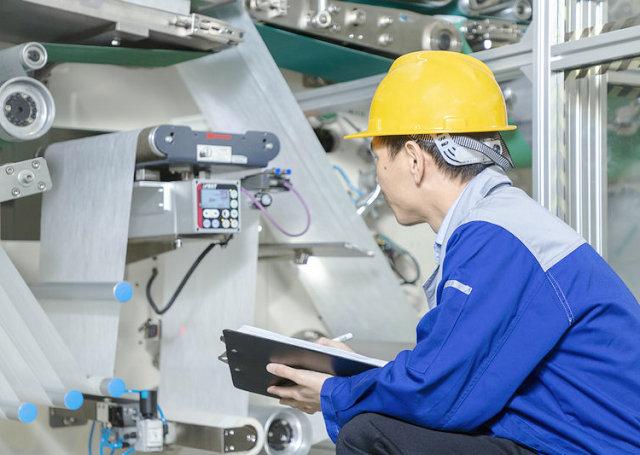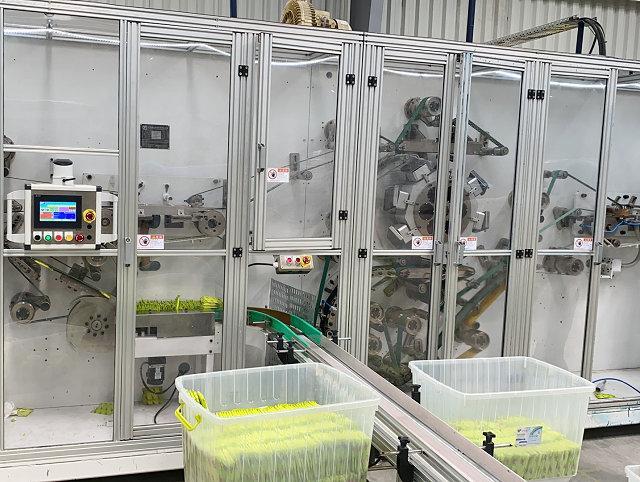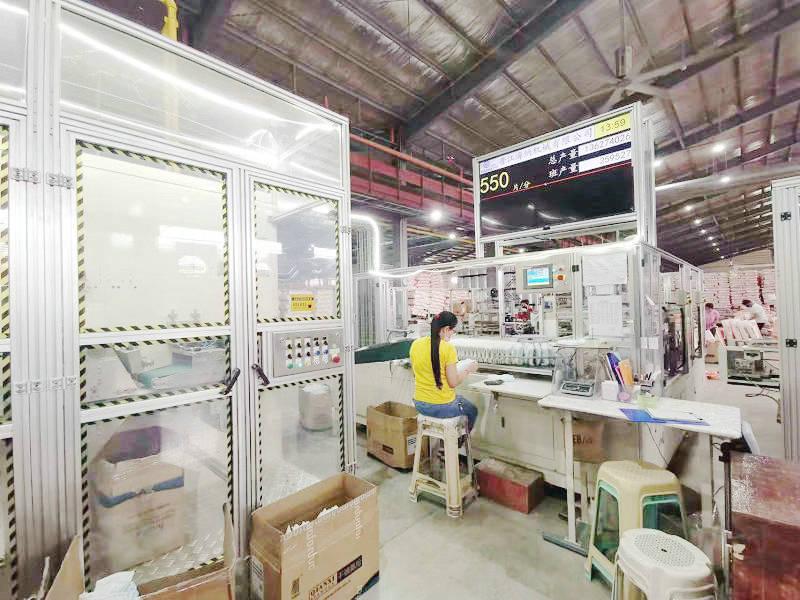Author:Haina Machinery Factory FROM:Diaper Machinery Manufacturer TIME:2024-12-18
In recent years, diaper machines have gained popularity for their efficiency in managing waste generated by infants. However, an intriguing question arises: Can these machines be repurposed for other types of waste? This article explores the feasibility, advantages, and challenges of using diaper machines for different waste materials, while also considering environmental impacts and practical implementations.
Diaper machines are designed specifically to process disposable diapers. They typically incorporate features that shred, compact, and sanitize the waste, making it easier to manage. The primary focus of these machines is to handle organic materials and absorbent polymers found in diapers. Understanding their functionality provides insight into whether they can be adapted for other waste types.
One of the most natural extensions for diaper machines is handling other organic waste types, such as food scraps or yard waste. Both material categories share similarities with diapers in terms of being biodegradable. By employing similar shredding and compaction techniques, diaper machines could theoretically process these organic materials, reducing landfill contributions and promoting composting practices.
While the potential exists, there are significant challenges in adapting diaper machines for other waste types. The composition of organic waste varies greatly compared to diapers, which may lead to clogging and mechanical issues within the machines. Additionally, the sanitization processes used for diapers might not be suitable for all organic waste, particularly if pathogens are a concern. Each type of waste requires specific handling methods to ensure safety and efficacy.
The economic feasibility of repurposing diaper machines is another critical factor. Although the initial investment in a diaper machine can be high, the potential savings from reduced waste disposal costs and increased efficiency may justify the expense. However, if the machine requires frequent modifications or specialized maintenance for different waste types, the cost-effectiveness diminishes. A thorough cost-benefit analysis is essential to determine the practicality of such adaptations.

Utilizing diaper machines for other types of waste could significantly impact sustainability efforts. By diverting organic waste from landfills, we can reduce methane emissions and enhance soil health through composting. This aligns with global sustainability goals, promoting a circular economy where waste is minimized and resources are reused. However, careful consideration must be given to the energy consumption and emissions generated by operating these machines, especially if they are used at a larger scale.

Several municipalities and businesses have experimented with adapting diaper machines for processing organic waste. For example, pilot programs in local communities aimed to assess the effectiveness of these machines in managing food waste. Initial results indicate that while there are logistical and operational hurdles, the machines can handle certain organic materials effectively when appropriately calibrated. These case studies provide valuable insights into the practical applications of diaper machines beyond their original purpose.

The future of waste management is undoubtedly tied to innovation and technology. As manufacturers continue to improve the design and functionality of diaper machines, the possibility of creating versatile waste processing systems grows. Incorporating advanced sensors and automated sorting mechanisms could enhance the ability of these machines to handle diverse waste streams efficiently. This technological evolution may pave the way for diaper machines to become multifunctional waste processors.
To maximize the benefits of repurposing diaper machines, community education is vital. Raising awareness about the capabilities of these machines and promoting responsible waste disposal practices can encourage greater participation in recycling and composting efforts. Communities need to understand the importance of differentiating waste types and how these machines can contribute to a more sustainable environment.
In conclusion, while diaper machines are primarily designed for processing disposable diapers, their potential for handling other types of waste presents an intriguing opportunity. The adaptation of these machines could lead to significant environmental benefits and promote sustainable waste management practices. However, challenges such as mechanical compatibility, economic feasibility, and community education must be addressed. As technology continues to advance, the future may hold exciting possibilities for the multifunctionality of diaper machines, contributing to a cleaner and more sustainable world.
